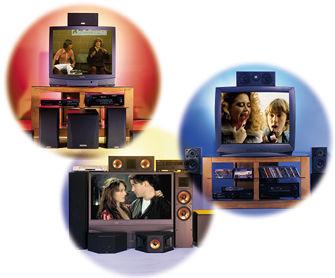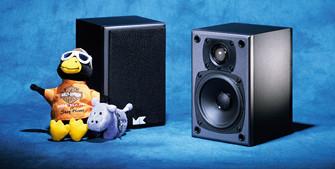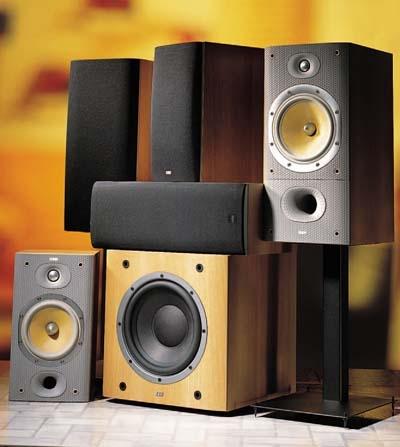|
Nov 07, 2001 |
First Published: Nov 08, 2001 |
|
Jul 31, 2001 |
First Published: Aug 01, 2001 |
|
Jul 31, 2001 |
First Published: Aug 01, 2001 |
|
Jan 18, 2001 |
First Published: Jan 19, 2001 |
|
Jul 18, 2000 |
First Published: Jul 19, 2000 |
|
Jun 25, 2000 |
First Published: Jun 26, 2000 |
|
Mar 28, 2000 |
First Published: Mar 29, 2000 |
|
Feb 28, 2000 |
First Published: Feb 29, 2000 |
|
Apr 09, 2003 |
|
Mar 08, 2004 |
|
May 27, 2004 |
|
Jul 26, 2004 |
|
Jul 26, 2004 |



















